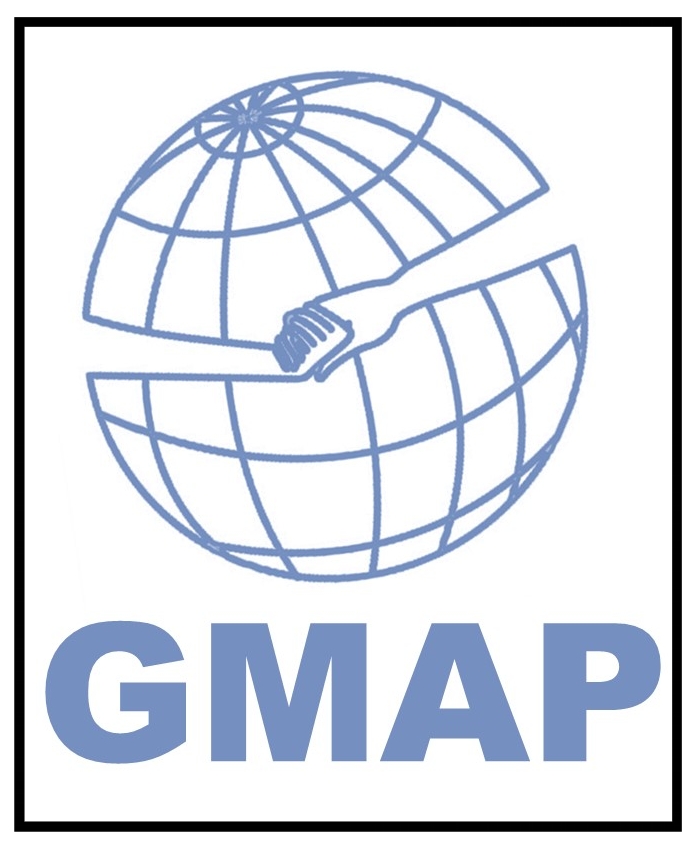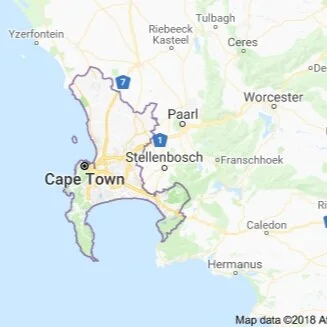Evaluating the Role of Peers to Reduce Substance Use Stigma and Improve HIV Care Outcomes in South Africa
South Africa (SA) is home to the largest number of people living HIV/AIDS (7.8 million). While SA has one of the largest global antiretroviral therapy (ART) programs, a barrier to achieving successful HIV treatment and prevention outcomes is untreated substance use disorder (SUD) and SUD-related stigma among healthcare workers. Peer recovery coaches (PRCs) have been scaling in the US to decrease barriers to successful treatment outcomes for substance use, including stigma. This study, jointly funded by the National Institute on Drug Abuse & Fogarty International Center (FIC), aims to develop and evaluate a peer recovery coach model in community-based HIV care teams in South Africa to reduce substance use stigma among health care workers and improve HIV care engagement. This project includes a specific capacity building component to train students and health workers in both sub-Saharan Africa and at UMD in how to conduct mental health and substance use stigma research in low-resource settings. The ultimate aim is to build a network of researchers focused on mental health, substance use, and HIV stigma research in sub-Saharan Africa.
Location: Cape Town, South Africa; Funding: NIDA/Fogarty (R21DA053212; 2020-2022; PIs: Magidson, Myers). Partnering with South African Medical Research Council (SAMRC). Opportunities for staff and graduate students to be involved in study coordination, qualitative coding and analysis, secondary data analysis, and future grant submissions.

